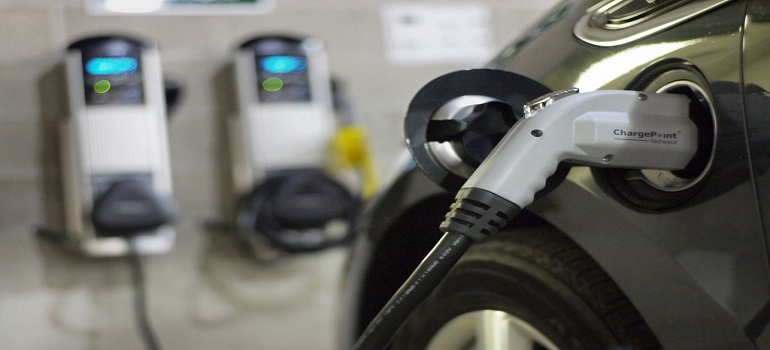 The second phase of the FAME-India scheme envisages to give a boost to electric vehicle (EV) industry with several interventions on the demand and supply side, including R&D efforts, the government said on Monday.
The second phase of the FAME-India scheme envisages to give a boost to electric vehicle (EV) industry with several interventions on the demand and supply side, including R&D efforts, the government said on Monday.
In a written reply to the Lok Sabha, Minister of State of Heavy Industries and Public Enterprises Babul Supriyo also said the Indian automotive industry needs to develop technologies like lithium ion batteries, electric motors for automotive applications and battery management systems.
India is the 5th largest car manufacturer, 7th largest commercial vehicle manufacturer and largest manufacturer of two wheelers in the world.
“The need for innovative technology is assuming great importance due to rapidly changing product technologies in the automotive industry, depleting fossil fuel resources, high import cost of fuel, issues of environmental degradation and climate change,” Supriyo said.
The minister observed that switching over from conventional IC engine based vehicles to new technologies like electric, hybrid, fuel cells is essential.
The government rolled out the National Mission on Electric Mobility, 2013 with the objective of developing electric mobility in mission mode.
PTI had earlier reported that the Union Cabinet may soon consider for approval the proposal entailing financial support of Rs 9,381 crore in the second phase of the FAME India scheme spanning five years to boost adoption of energy-efficient vehicles in the country.
With an aim to promote eco-friendly vehicles, the government had launched the Faster Adoption and Manufacturing of Hybrid and Electric vehiclesEVs in India (FAME India) scheme in 2015 offering incentives on electric and hybrid vehicles of up to Rs 29,000 for bikes and Rs 1.38 lakh for cars.
In April, the government announced extension of phase 1 of the FAME-India scheme entailing incentives for mass adoption of EV and strong hybrid vehicles by six months till September-end or till its second phase is approved, whichever is earlier.
The phase 1 of the scheme was initially proposed for two years till March 31, 2017 but was extended twice for six months up to March 31, 2018.
Source: PTI


